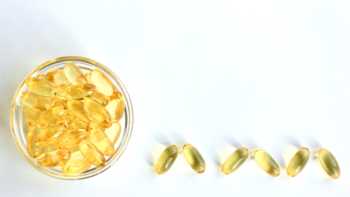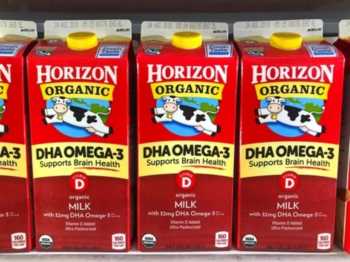Our Members Asked:
Is DPA an important omega-3 fatty acid? It's been promoted as more "powerful" than EPA and DHA.

Answer:
DPA (docosapentaenoic acid) is often the third most prevalent omega-3 fatty acid found in fish oil -- although it typically occurs in much lower concentrations than EPA or DHA. Many fish oil supplements contain at least small amounts of DPA, even if it's not listed on the label, and more substantial amounts can be obtained by consuming certain types of fish. ConsumerLab's tests of canned tuna and canned salmon found as much as 80 mg of DPA per 2-ounce serving, with the highest concentrations in salmon (particularly sockeye) as opposed to tuna. In fact, DPA was not detectable (i.e., below 11 mg per serving) in two popular brands of canned tuna.
Some studies have found an association between higher blood levels of DPA and healthier aging, including lower risk of heart disease, but it is not clear that taking a supplement containing DPA would have this benefit, as explained in the DPA section of the Fish Oil and Omega-3 Fatty Acid Supplements Review.
Join today to unlock all member benefits including full access to all CL Answers and over 1,400 reviews.
Join NowAlready a member? Sign In Here.
Join now at www.consumerlab.com/join/
















Submit your comment
This feature is restricted to active members.
Join now to add comments and get all member benefits, including over 1,400 reviews.
Join NowAlready a member? Sign in here.